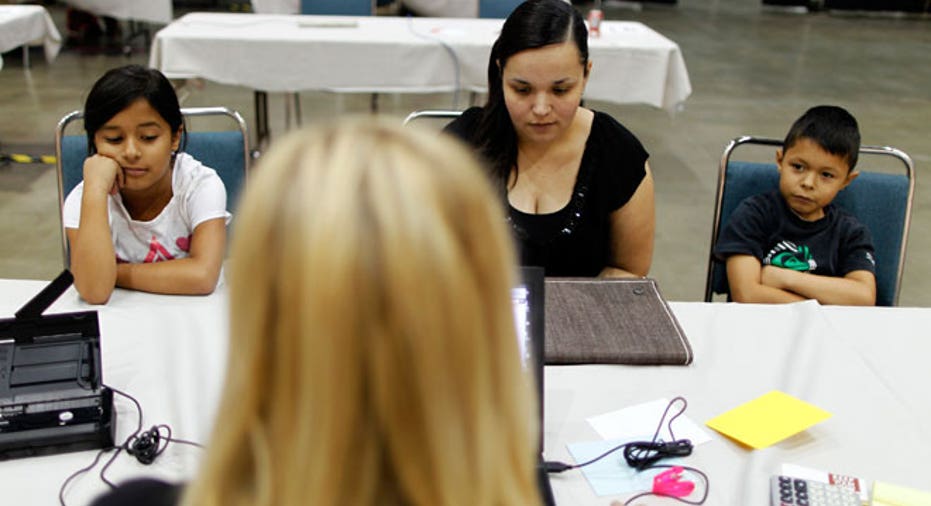How Much Say Should Your Kids Have in Your Decision to Move?

When it comes to buying and selling a home, children are playing an active role in the decision-making process.
A new survey by real estate company Coldwell Banker shows parents are letting their children have a say in where they live, the type of home they buy and even if they move at all.
“A lot of people think real estate decisions are based on finances or crunching the numbers, but that’s not the only reason people move,” says Robi Ludwig, psychotherapist and lifestyle correspondent for Coldwell Banker Real Estate. “We found this modern group of parents is really making decisions based on their children’s perspective.”
The survey, which polled 2,800 parents across the country, showed that 79% of parents ages 18 to 34 and 70% of parents aged 35 to 49 considered their children when making major purchasing decisions--including buying a home. Boomer parents, on the other hand, weren’t as willing to let their kids rule the roost, with just 52% saying buying big-ticketed items revolved around the kids.
Millenials and Generation X parents were also more concerned with how a move would impact their kids than baby boomers. According to the survey, 67% of millennial parents and 64% of Generation X parents say they worry about the immediate impact a move would have on the children, while 54% of Boomer parents felt the same way.
In addition to taking the children’s feelings into account more, the survey also revealed that millennial (62%) and Generation X parents (57%) want to live near their parents or in-laws. Among boomers, 43% report it was important to live near their parents.
The younger generations of parents are much less commanding, says Ludwig, saying they embrace a more “collaborative” approach to parenting.
While it’s important to consider the kids in major purchases or life changes, experts advise parents to draw a line in how much clout their opinions carry. After all, kids are exactly that kids, and their motivations to live in a particular town or home will be a lot different than what parents should be considering.
“What happens are families are not considering what’s in their best interests,” says Ludwig. “Maybe there is a move that opens up new possibilities in terms of living a more financially-secure life.”
Not to mention the act of moving, although scary for children, can help them develop important life skills like meeting new people and adjusting to a new environment.
Ludwig suggests parents think about both their short and long-term needs. Once a decision has been made, he says that’s when parents should bring kids into the process.
“You really need to consider what’s in your best interest as well. That doesn’t make you an impaired parent. You want your child to have a happy life, but you don’t want to do it at the expense of not considering an opportunity.”



















